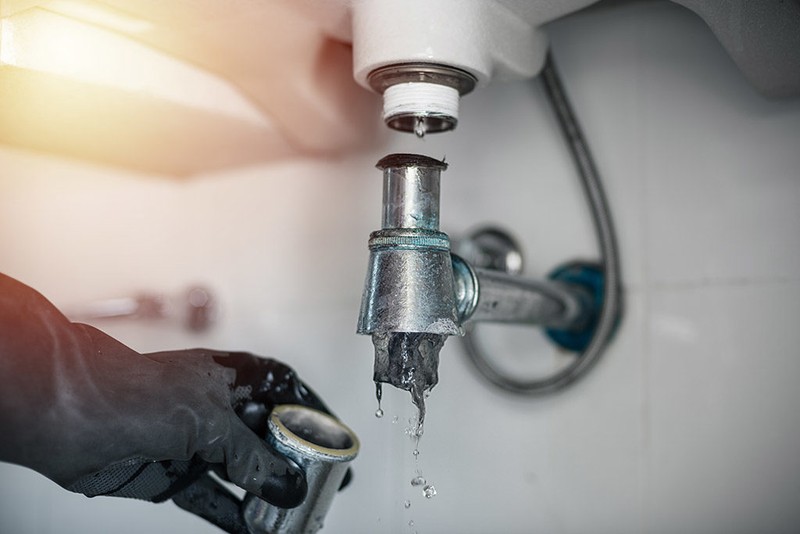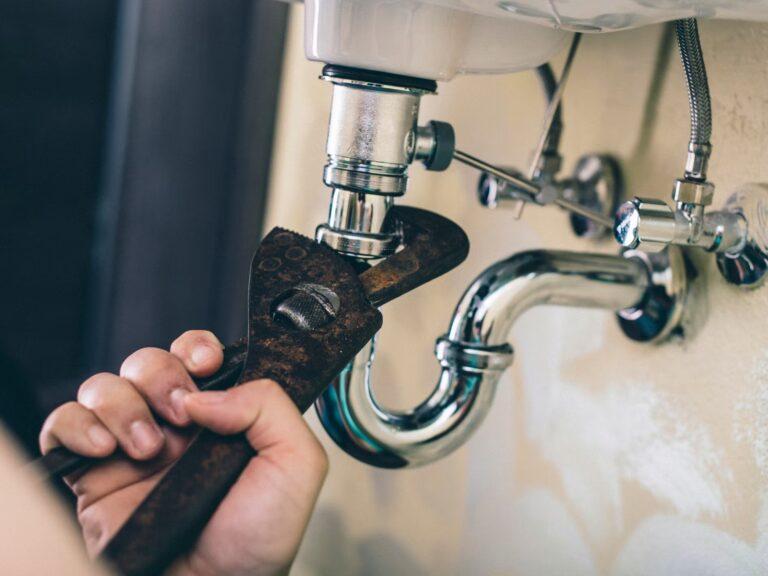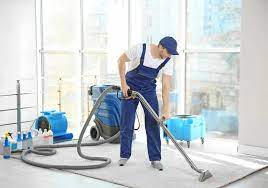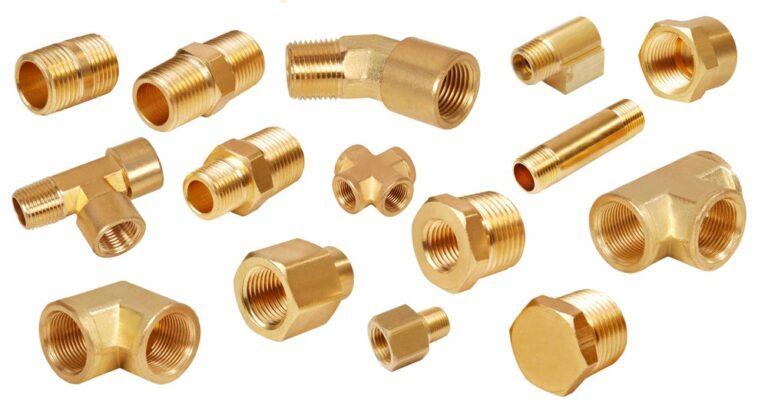
Drains are important features every home must have. Without it, the sanitation and health of the people inside will be compromised. The water supply system surrounding a property with a poor drainage system is also put at risk and becomes compromised.
While most minor clogs can be easily washed away with basic household cleaning tools, frequent clogging in your drains are indicators that a major clog has already developed in your drain line. Major clogs can form in a span of a month, some years, due to accumulation of different foreign materials in your drains, which should have been pushed down the drain.
To avoid major clogs and blockages from forming down your drain, maintaining a clean and efficient drainage system is a must. Although there are plenty of blocked drain repair Sydney plumbers available to help you repair and address drain issues, preventive maintenance and discipline at home can save you hundreds of dollars from unnecessary drain repairs and replacement services.
Here are some effective, yet very basic tips that can help prevent clogs in your drains and keep them in good working condition.
Practice Proper Waste Disposal
What you throw down the drain accumulates and creates your future plumbing problems. Leftover food, coffee grounds and grease from kitchen drains can stick and last in your pipes for a long time. As much as possible, throw all your leftover food in the thrash or compost, instead of your garbage disposal.
The same is true with leftover liquid grease and cooling oil. Place them in a sealable container and throw them together into the thrash. If recycling centres are available in your area, you can bring your used oils to them to recycle.
Hair and soap scum is the equivalent of food leftover and grease for your kitchens, this time, in the bathroom area. Covering your tubs and shower drains with a mesh screen or a drain cover can do a lot of wonders in capturing hair and soap scum, preventing them from going down the drain.
Lastly, be mindful of what you flush down your toilet. Although some toilet paper is designed to be flushed, it is still best to dispose of all your toiletries in a trash can, rather than letting them go down the drain. Flushing dense materials can cause severe clogs and other plumbing issues in your drains.
Keep Your Drains Clean
Cleaning your drains weekly is a good practice to keep them working in top condition. Interestingly, you can clean your drains without the help of a professional.
For bathroom sinks, you can simply pull out the pop-up stopper in your bathroom sink to remove any debris that may have passed down your drain stoppers. You can use a bent wire to fish out hair and other debris from your pipes.
Flushing your drains weekly with hot water is also a good practice. You can even pour baking soda and vinegar mixture to be able to break down possible clogging or blocks that may have already built up inside your drains.
Deep cleaning your drains at least once a month is also a good practice. Remove the pop-up assembly and the overflow plate to give your drains a good scrubbing. You can also use bacterial drain cleaners, at least once a month or every two months to keep mould and bacteria build up away from your drain system.
Lastly, regular maintenance checks from your local plumber in Sydney at least once or twice a year can give you enough confidence that your drains are working in top condition. Professional plumbers can spot plumbing and drain issues that you may have been failing to notice. This gives them an opportunity to address these issues, at its earlier stages, decreasing the amount of stress and expenses that comes with severe damage and poorly working drainage systems.







